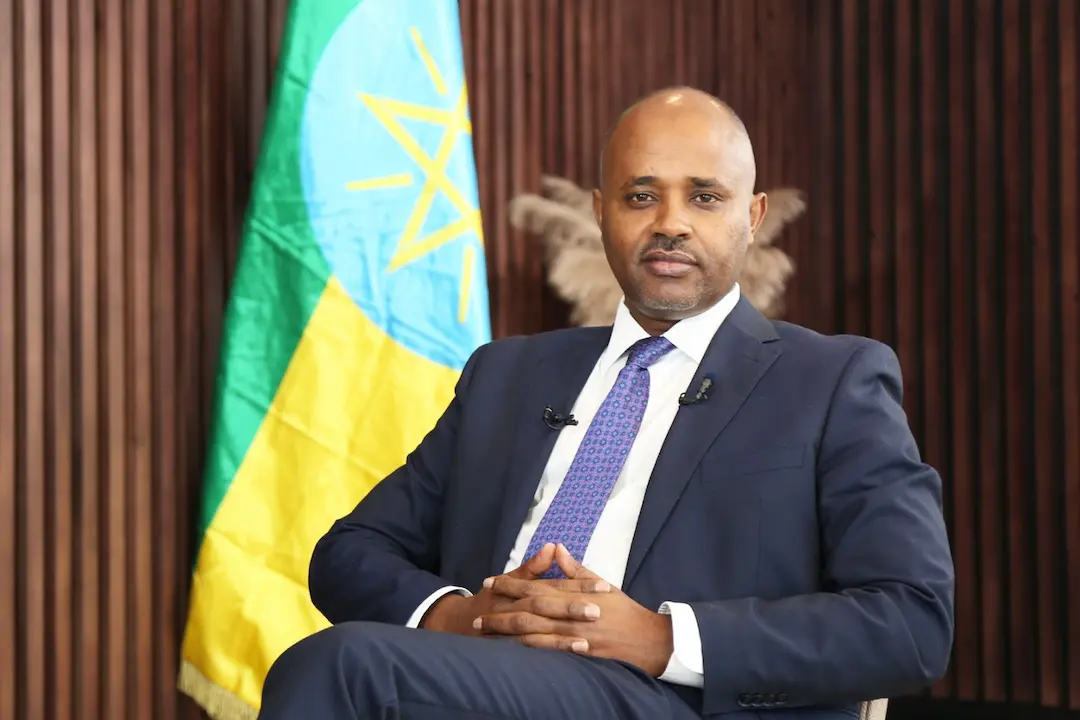Ethiopia’s central bank is getting new leadership at a fragile moment. Prime Minister Abiy Ahmed has picked Eyob Tekalign as Ethiopia’s new central bank governor, filling the seat left open after Mamo Mihretu’s sudden exit earlier this month.
Eyob steps into the role from the Ministry of Finance, where he has served as State Minister since 2018. His track record includes steering the National Planning Commission and helping to craft the Home-Grown Economic Reform program, a flagship initiative under Abiy’s government. He also sits on boards that touch almost every corner of Ethiopia’s economy, from EthioTelecom to Ethiopian Electric Power.
The timing of the change is hard to ignore. Ethiopia is wrestling with double-digit inflation, a currency that has lost more than 120% of its value in a year, and foreign exchange shortages that continue to frustrate businesses. These challenges echo the same financial strains faced by other reforming African economies, where market-based exchange regimes are colliding with weak reserves and high import dependence.
Mihretu, who resigned in early September, oversaw big shifts in policy, including floating the birr and opening the financial sector to foreign banks. His departure left questions about the pace and direction of reforms. Eyob’s appointment suggests Abiy wants continuity, but with a steadier hand in delivering on the IMF programme that underpins Ethiopia’s economic recovery plan.
Eyob brings not only government experience but also exposure to global finance. He worked in Washington, D.C. as Minister Counsellor at Ethiopia’s embassy, advising on matters before the IMF and World Bank, and later spent time in private equity focused on frontier markets. That international background may prove crucial as Addis Ababa tries to reassure creditors and attract investment back into its economy.
The new governor inherits a system in transition. From parallel FX markets undermining official policy to the government’s push for digital payments in a banking sector still tightly controlled. How he manages these crosscurrents will determine whether Ethiopia’s liberalisation project gains credibility or stalls under the weight of domestic resistance and global scrutiny.
Eyob has not yet commented publicly on his appointment.
Get passive updates on African tech & startups
View and choose the stories to interact with on our WhatsApp Channel
Explore




